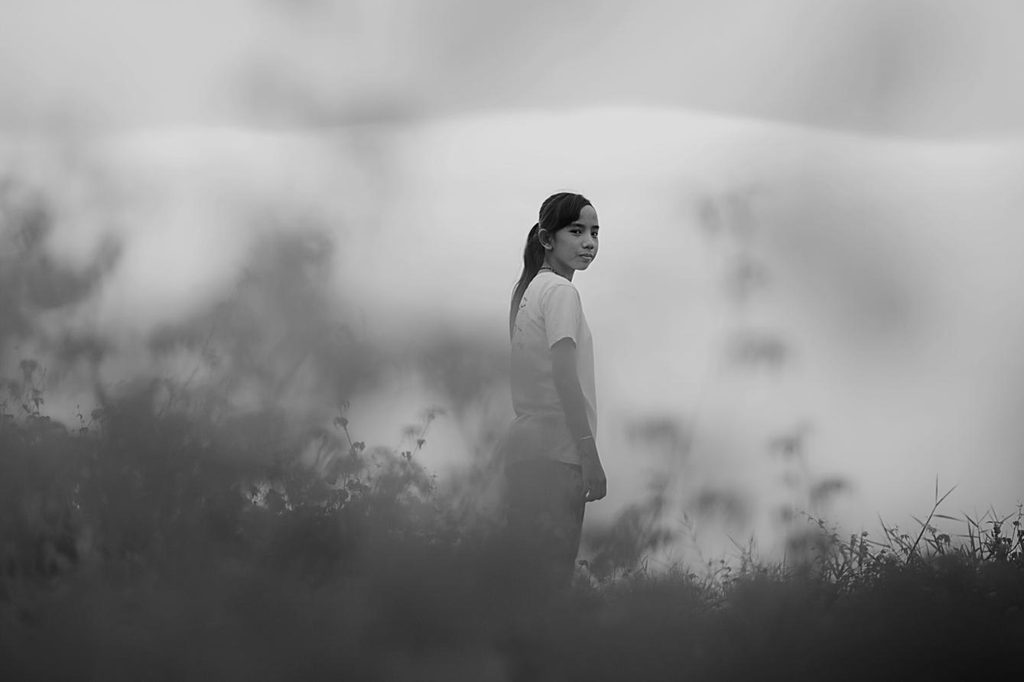Children remain extremely vulnerable to sexual exploitation and abuse.

Despite current efforts on preventing child sexual exploitation (CSEC), children continue to be incredibly vulnerable to CSEC due to a number of gaps in policy and implementation.
Widespread poverty makes it easier for children to be lured into the sex industry through promises of material wealth. Children desperate to escape poverty are lured into trafficking and exploitation schemes with promises of jobs and are powerless to fight back.
Furthermore, various gaps in national policies and programmes leave children with little protection against the dangers of trafficking and sexual exploitation.
THE PHILIPPINES HAS ONE OF THE LOWEST AGES OF SEXUAL CONSENT IN THE WORLD.
According to Philippine law, a child as young as 12 years old can legally engage in consensual sex, making this one of the lowest ages of sexual consent in the world. Worldwide, the age of sexual consent ranges from 14 to 18 years of age. This means that an adult having sex with a teenager can be deemed legal, and the adult will not be charged with statutory rape.
Because of this, girls aged 13 to 17 continue to remain unprotected from sexual abuse and exploitation. A Department of Health study found that most recorded victims of sexual abuse are between 13 and 15 years old. Furthermore, legally, a 12-year old can give consent to sex, but they are prohibited to access the safeguards to protect them from teenage pregnancy and/or STDs. These girls continue to be unprotected and vulnerable to those wishing to exploit them.
THERE ARE LITTLE TO NO EFFORTS MADE TO REACH OUT TO CHILDREN AND THE YOUTH AND TO ORIENT THEM ABOUT HUMAN TRAFFICKING AND SEXUAL EXPLOITATION.
Currently, most trafficking prevention efforts are geared towards adult workers through pre-employment seminars and efforts against illegal recruitment. There is no comprehensive anti-trafficking programme that targets the youth. This leaves many children and youth, especially those with little to no formal education, ill-informed about how trafficking works and how to protect themselves from falling into a trafficking or prostitution.
OUR FIGHT
There are a number of legislative efforts attempting to address these gaps. There are various bills pending in the Philippine legislature to amend the country’s anti-rape law in order to increase the age of sexual consent. There are also existing bills that fight to institutionalise trafficking prevention education among the youth, so they will be informed of their rights so as to not fall victim to trafficking and abuse.
We commit to lobbying and raising support for these bills in order to create a society where our children are given better protection and care from any form of exploitation and abuse.
Our children are #NotForSale. Promote child-centered national policies.